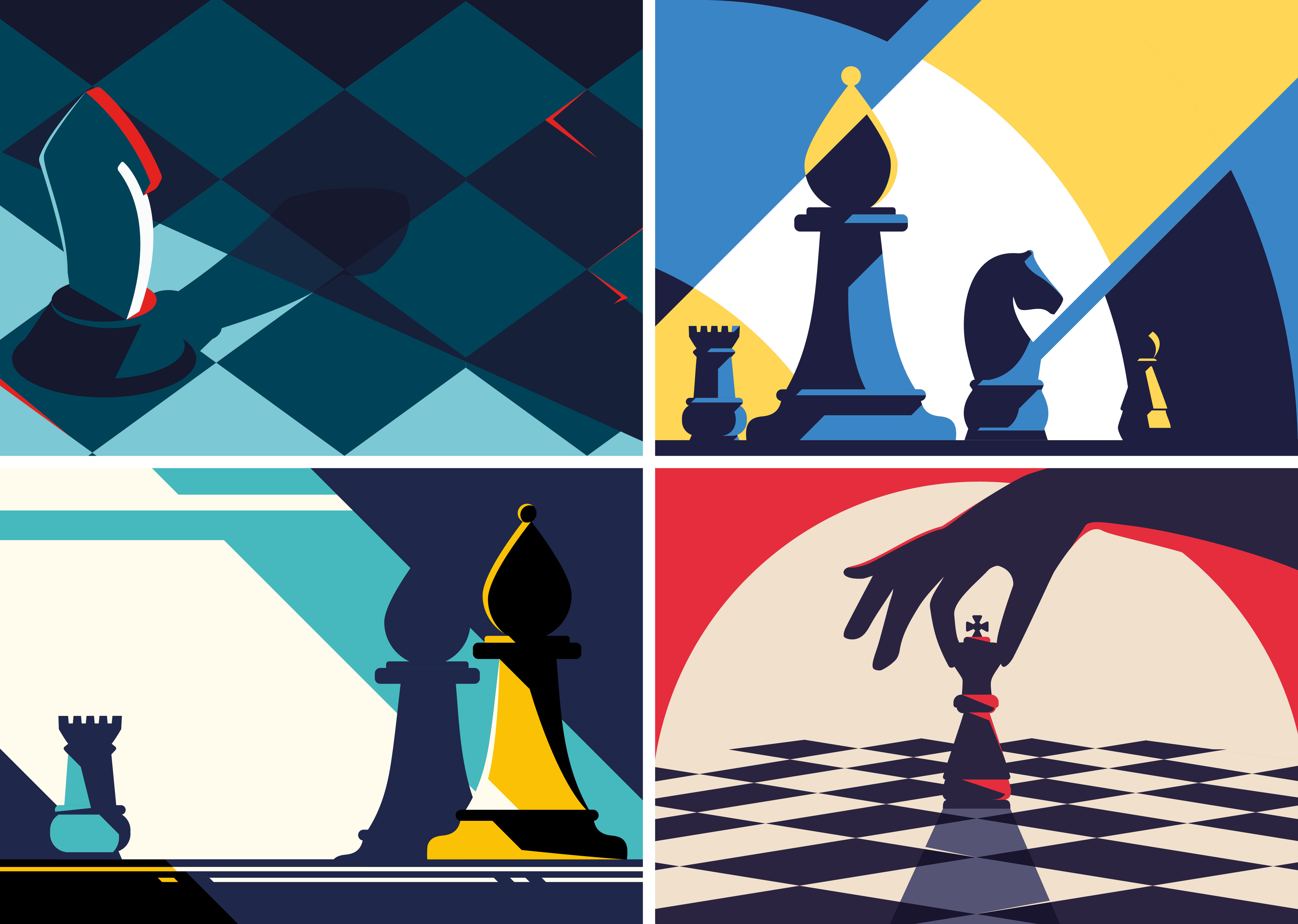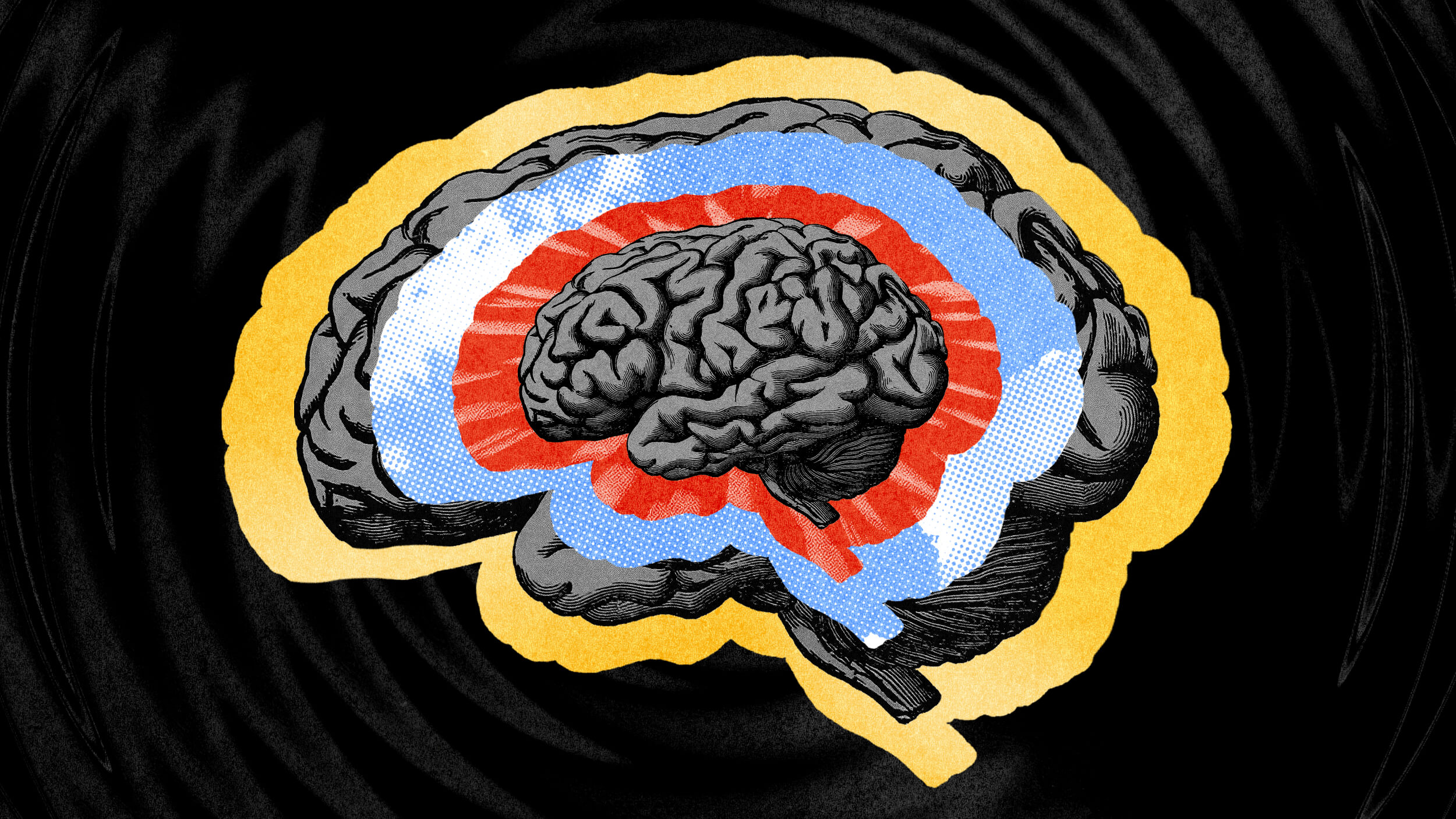Sign up for Big Think on Substack
The most surprising and impactful new stories delivered to your inbox every week, for free.
It can be difficult to process sadness. People often try to numb it, avoid it, or deny that they’re even experiencing it, instead of better understanding and working through the emotion.
The Stoics offer a more head-on approach. This school of philosophy is often falsely associated with the suppression of emotions. But it’s more accurate to say that the Stoics were interested in how people can respond virtuously to life’s trials and tragedies. The answer, according to general Stoic thought, is that we shouldn’t deny emotions or the things that make us feel pain or sadness, but rather strive to accept that which we cannot control and do our best to process our emotions in a way that puts us on a productive path forward.
As Chloé Valdary — an American writer and founder of the conflict-resolution program Theory of Enchantment — explains in this Big Think interview, Stoicism not only can help us work through sadness as individuals, but it can also teach us to recognize the many forms that suffering can take in others.
CHLOÉ VALDARY: All human beings have felt sadness. This is part of what it means to be a human, but we don't actually know how to sit and be with suffering. We numb pain. We try to avoid pain. We deny that we're in pain. Stoicism is all about understanding what's in our control and what's not in our control. I can't control that an emotion emerges from me, but I can control how I relate to the emotion itself. It's the capacity to be with the feeling, to be with the emotion as it arises and simply watch it, not fix it. And if we can learn to be with both ourselves and with our fellow human beings within their suffering, I think we can actually learn how to transcend suffering.
My name is Chloe Valdary. I am the founder of the Theory of Enchantment an anti-racism organization based in New York City.
Socialism emerged after Alexander the Great died. Alexander the Great had just conquered the known world. His territories were being carved up among his four generals, and this was causing a great deal of chaos and a sense of existential despair among the people who were impacted by this conquering. Imagine that you are a citizen in Ancient Greece and in the past, you knew your neighbors, you spoke the same language, you were very rooted in your environment, but all of that has become upended, and you are now experiencing an incredible amount of homelessness. Not only physical homelessness, but existential homelessness. Stoicism was kind of invented as a way to deal with that feeling. This is why I think it's immediately relevant in our context today because there's all kinds of ways in which we can encounter existential homelessness where we don't feel at home where we are. So stoicism is all about getting us in right relationship with the things that we can control and we can't control.
The outlook is bleak. People could not control that Alexander the Great died, but they can control their response to the event itself. And in that same vein, I can control, and you can control, how you respond to the events that arise in your own life. Sympatheia is a Greek term. It's a stoic principle. And it essentially means a capacity to see everything as interrelated. So this capacity to zoom out of your own lived experience, it enables you to see how connected you are to other human beings and to what's going on around you. This is very useful, let's say if I'm feeling really sad -- instead of simply feeling sad, I can zoom out and think to myself, oh, what's it like to feel sadness? Instead of being in the emotion, I can be with the emotion. I can then say I'm not the only person that has felt sadness, right? And so even in that very difficult feeling, I can feel connected to my fellow human and I can experience meaning, even though it's a very difficult feeling to feel. And this is related to one of our most sacred pop culture relics. "The Lion King". In "The Lion King" Mufasa tells his son Simba about the circle of life. This is a very stoic scene where Mufasa says to his son, "The circle of life, it's a thing."
- [Mufasa] "Everything you see exists together in a delicate balance."
- And then Simba says, "what do you mean? We're not the antelopes." [Simba] "Dad, don't we eat the antelope? And Mufasa says, [Mufasa] "Yes, Simba, but let me explain. When we die, our bodies become the grass, and the antelope eats the grass. And so we are all connected in the great circle of life." This is the kind of move that can help us get out of existential despair even. I will add, however, as a caution, we want to zoom out and zoom in at the same time. There is a situation where you keep zooming out and you just see the vastness of space, and that can actually bring you into despair as well. So you want to do the move where you zoom out but you also zoom in simultaneously, and those two things can help inform each other and can help balance each other out. My stoic practices are very context specific. So let's just take sympatheia for example. There will be times where I am feeling sad and melancholic. I will, depending upon the situation, simply be with the sadness as a way to let sadness teach me something that's the sort of move where I'm going into the emotion, and that could simply look like me journaling about my sadness or me crying. Crying is excellent. I might want to write poetry. In my case, I will write music about it. I will emote in that way and letting myself move through it as opposed to trying to change it. After I do that, I can zoom out and think to myself, "oh, this is a feeling that many people across time and space have felt and this connects me with the rest of humanity." Compassion is about that. It's about learning how to be with both ourselves and our fellow human in their suffering. And it is that capacity to be able to read people that can only come from being able to read yourself. It can only come from developing that centeredness within your own being that can enable you to see that within the other. If we can learn how to get a right relationship with that, we will be less likely to project our insecurities and the things that we don't like about ourselves onto other people. And we'll be less likely in that context, to see things that are new, that are part of the unknown as threats and we'll be more likely to see them as sources of wonder.







